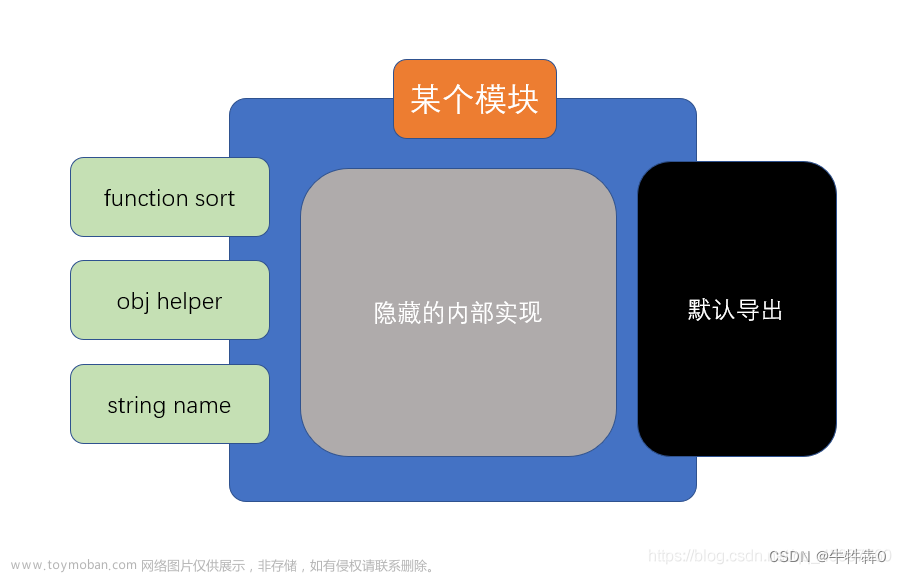Rust的模块化要从Rust的入口文件谈起。
Rust的程序的入口文件有两个
- 如果程序类型是可执行应用,入口文件是main.rs;
- 如果程序类型是库,入口文件是lib.rs;
入口文件中,必须声明本地模块,否则编译器在编译过程中,会报该模块不存在的错误。这个规则,在其它程序的编译中很少见。
怎么理解这个规则,我来举一个例子:
假设我们目录结构如下:
src/
components/
mod.rs
table_component.rs
models/
mod.rs
table_row.rs
main.rs
依赖关系如下,即main.rs没有直接依赖table_row.rs
main.rs -> table_component.rs -> table_row.rs
现在来看看模块之间的引用代码。
main.rs对table_component.rs的依赖,对应的代码为
use components::table_component::TableComponent;
table_component.rs对table_row.rs的依赖,对应的代码为
use crate::models::table_row::TableRow;
上面的依赖代码都没毛病。在main.rs中"use components::table_component::TableComponent"这段代码告诉编译器,从模块的根部找components模块,因为components是一个文件夹,所以components目录下有一个mod.rs,然后在components文件夹下找table_component模块,最后在table_component模块中找到TableComponent。
因为table_component.rs中使用到了models中定义的TableRow,所以,这行代码也没有毛病:“use crate::models::table_row::TableRow"。这行代码告诉编译器从模块的根目录找models模块,然后在models模块中找table_row模块,最后在table_row中找到TableRow。
但是如果仅仅是这样,编译器就会马上送上模块找不到的错误。这种错误对于才接触到Rust的同学来说,可能很难发现,尤其是才从别的开发语言(比如Javascript)过来的同学。
--> src/main.rs:4:5
use components::table_component::TableComponent;
^^^^^^^^^^ use of undeclared crate or module `components`
上面的错误里中有“undclared crate or module",这里其实就是在提醒我们这个components模块没有被声明。
很简单,就是在main.rs的头部加上下面的代码。
mod components;
OK,如果你再次编译代码,你会发现下面这个错误。
--> src/components/table_component.rs:1:12
use crate::models::table_row::TableRow;
^^^^^^ could not find `models` in the crate root
如果没有把模块声明的原则放心上,这个提示会让人发狂,因为无论你检查多少次,你都会发现你的文件路径src/models/table_row.rs和模块的查找路径是对应的啊,为什么就找不到呢?
如果这里的报错还是能像之前那样用“use of undeclared crate or module"就好理解多了。要解决这个问题,其实也是将"mod models;"这行代码添加到main.rs中。即:
main.rs文章来源:https://www.toymoban.com/news/detail-696365.html
mod components;
mod models;
把握好这个原则,其它模块间的引用方式,例如super, self都好理解了。文章来源地址https://www.toymoban.com/news/detail-696365.html
到了这里,关于Rust的模块化的文章就介绍完了。如果您还想了解更多内容,请在右上角搜索TOY模板网以前的文章或继续浏览下面的相关文章,希望大家以后多多支持TOY模板网!












